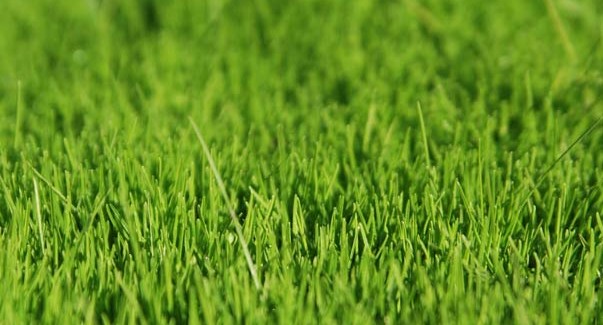Your cart is empty
Summer Lawns
Who doesn’t like the look of a nice, green lawn? It creates a feeling of coolness around your home, plus the dark green adds such a wonderful texture and richness. To get all the benefits of a beautiful lawn, though, now is the time to get to work.

A few basic grass rules:
- Lawns need to be planted away from your home. When planted too close, watering the grass can cause the soil to expand and contract and damage the foundation or pool decking. Also, putting grass too close to the foundation of your home can break the termite barrier created when the home was built or treated.
- Lawns need well-drained soil. Otherwise, sitting water will attract mosquitoes, which can lead to encephalitis or heartworm problems in pets.
- Lawns need well-prepared soil. Working compost into the soil will go a long way toward avoiding excessive water and fertilizer and it helps to fight disease problems.
- When you water, make sure the moisture penetrates 6 to 8 inches deep each time you water. Use a long screwdriver or a soil probe to determine the water is getting deep enough.
- Fertilize only with organic material: compost, bone meal, blood meal, liquid seaweed, Extreme Juice, etc.
The type of lawn you choose and its maintenance needs all depend on how much sun or shade the grass will get during the day. If you’ve got trees or walls that leave your grass in shade for most of the day, think about using dichondra or Saint Augustine.
For lawns that get full sun, I am a big proponent of the new hybridized types of Bermuda, such as Santa Ana or Mid-iron. If you would like to try some great seed varieties, use Majestic or Blu-muda. Both take full sun well and can be mowed with rotary-style or mulching mowers.
If you would like to check out other varieties of grasses, go to http://www.westernsod.com/.
Over the last five years, my opinion of lawns has shifted. I now believe that lawns need to be as small and easy to care for as possible. They use a tremendous amount of water and fertilizer (and, God forbid, synthetic pesticides or herbicides), not to mention the gasoline for your mower and your time to mow them! All of this has a tremendous environmental consequence, especially if synthetic chemicals are being used, which can
leach into our water supply.
The bottom line is to keep your lawn as small as possible, use only organic materials and keep your lawn healthy to prevent disease or pest problems.
The natural way is the best way to enjoy a summer lawn.

